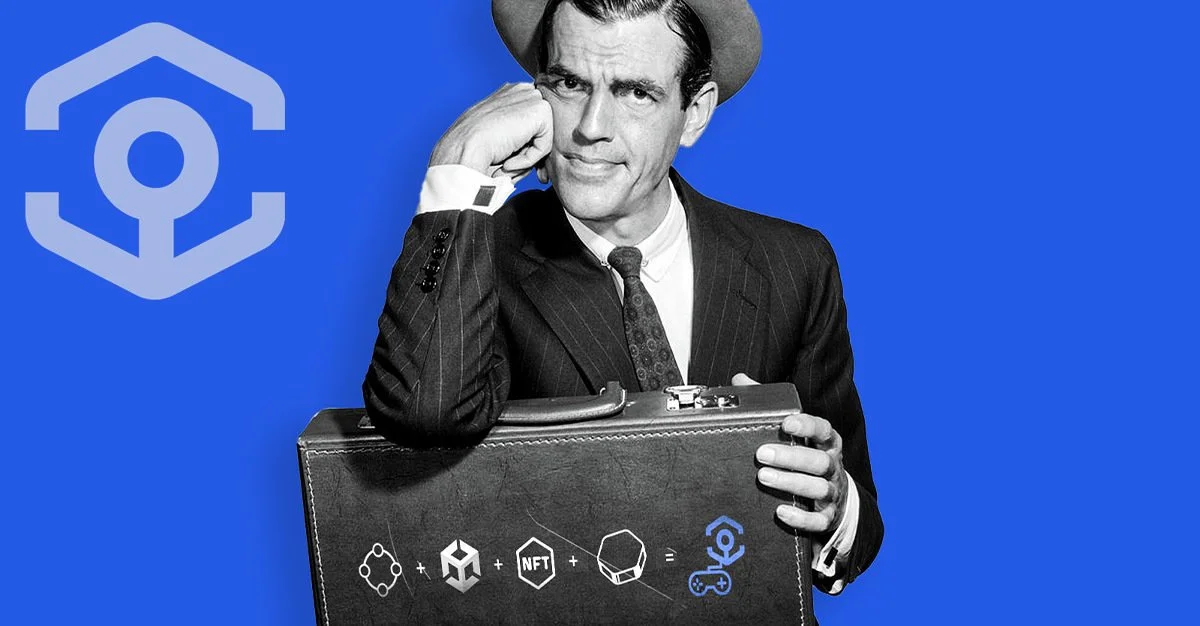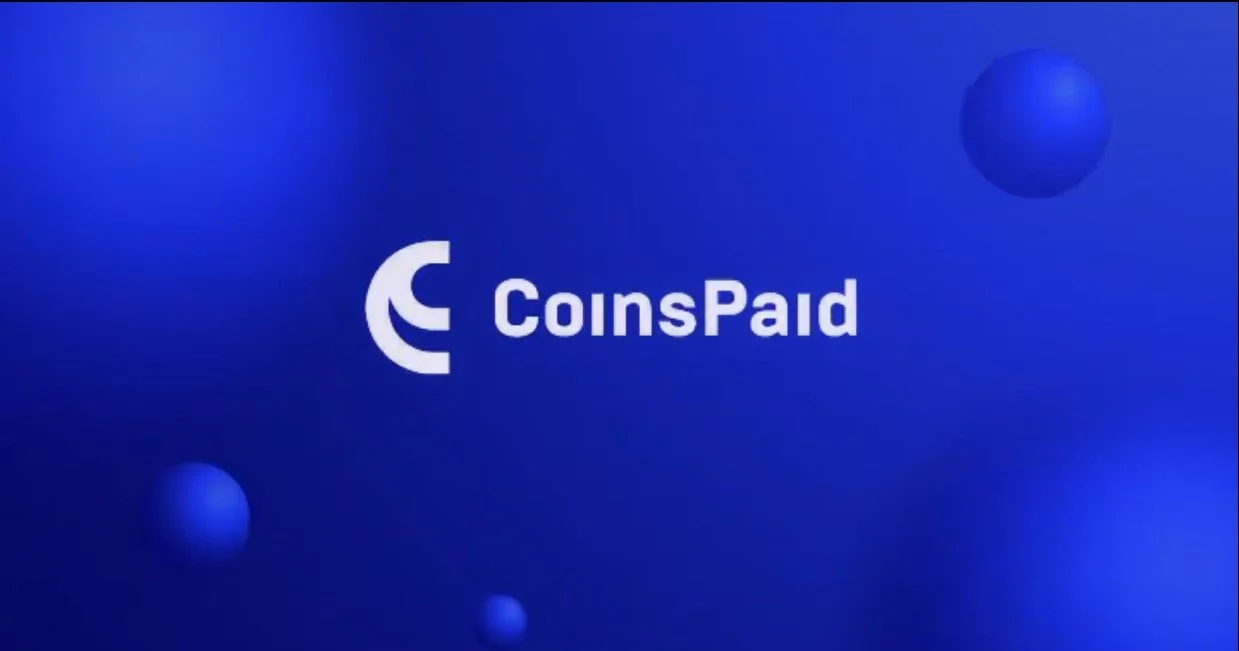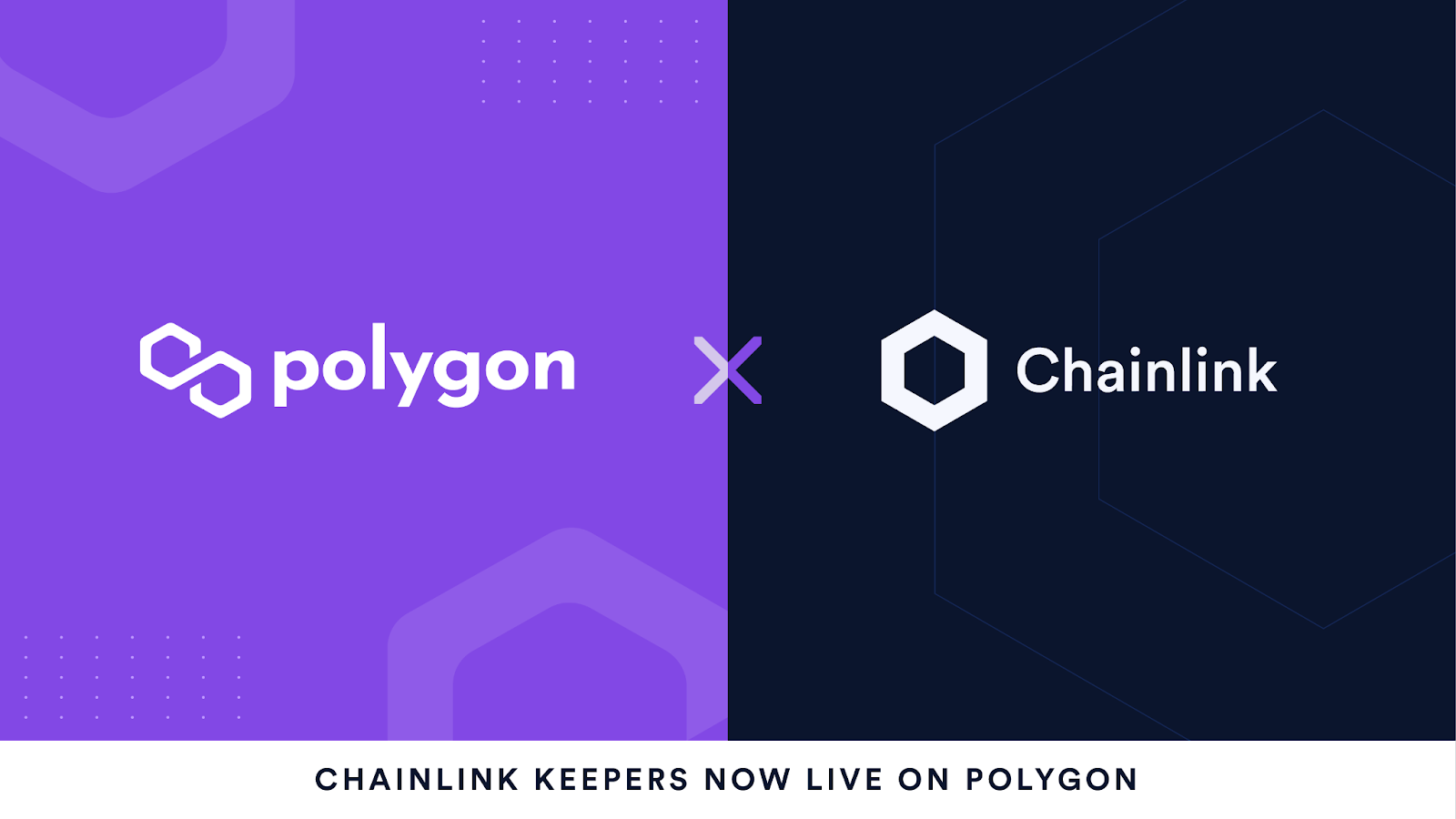Uber & Lyft Prop 22: Ride-Sharing Vs. The State
Image via Marco Verch (edited)
Uber, the ride-sharing app company, made their beta launch in May 2010. It was officially launched in 2011. Lyft would soon follow after in the summer of 2012.
Both companies have a history of development through their starting years which has ranged from name changes, technology, and perception of the ride sharing tycoons. Interesting enough, both of the major ride sharing companies made their beginnings in California.
Uber and Lyft's headquarters are both in San Francisco. And now their home state may determine if they will stay operational or not.
California Proposition 22 has been in the works for almost well over a year. The ballot initiative began on August 30, 2019, before the California Assembly Bill 5 (AB 5) was signed in September 2019.
The AB 5 established, with three different factors, a worker status vs an independent contractor. These three factors include: (1) the worker is free from the hiring process and performance level without the control of the company, (2) the worker does work outside of the normal business of the company, lastly (3) the worker is established in the occupation or trade as the work performed.
After the AB 5 was passed and signed, both Uber and Lyft were fervent that their drivers were independent workers. They have been persistent what their drivers want most is flexibility and believe classifying them as independent contractors is the best route to provide it.
Both companies wanted to remain operating as they were, and their drivers were still classified as independent workers rather than employees. This was argued by the Superior Court of San Francisco on August 10, 2020, when they ruled that the companies had violated AB 5.
Uber and Lyft drivers face different scenarios related to their pay and benefits depending on what happens next in the companies' fight to avoid classifying drivers as employees.
ROBYN BECK/AFP VIA GETTY IMAGES
After the ruling of the court, Uber and Lyft declared postponing app- based operations in California, unless the litigation was delayed. The California First District Court of Appeal stayed the ruling, at least until November 3, 2020, when the Proposition 22 will be voted on here.
There are mixed responses to the initiative that Uber, Lyft, and Doordash has launched with Prop 22. Many believe, including Unions, that these ride sharing companies are trying to work above the law.
All these companies, including Instacart and Postmates now, have placed millions of dollars to keep their initiative proposition on the ballot. Over $110 million has been placed in support by the companies to push their agenda forward and to get voters involved.
All are hopeful with the voters, they will be able to stay operational in California on their own terms.
It does not look good for the side of the ride-sharing app companies. Small groups and Unions are pushing against the initiative, saying it's harmful to the middle-class and union jobs.
The California Federal Union website has a full spread of reasons why this initiative is dangerous for union jobs and workers in the state. The Prop 22 only includes companies such as Uber and Lyft with no exemptions outside of ride-sharing app companies.
This leads to the conclusion, by more than a handful, that this is an effort for the companies to keep profits in their own control outside of the state laws.
https://calaborfed.org/no-on-prop-22-faq/
There is a chance the ballot will not pass in November, given the high amount of people against it. If this does happen, the real question will be if Lyft and Uber will keep their word on suspending their business in California.
Or will they fold and classify their drivers as employees and provide benefits for all those who drive for them? Lastly, will other states begin to follow suit with California in demanding that these companies place their workers as employees?
New Jersey in November 2019, determined the drivers of Uber were to be considered employees and given benefits. The company was fined up to $650 million for unemployment benefits and insurance taxes.
The two tycoons may be trying to prevent from something like this happening again, in fear of losing profits from fines and spending on their potential employees.
































